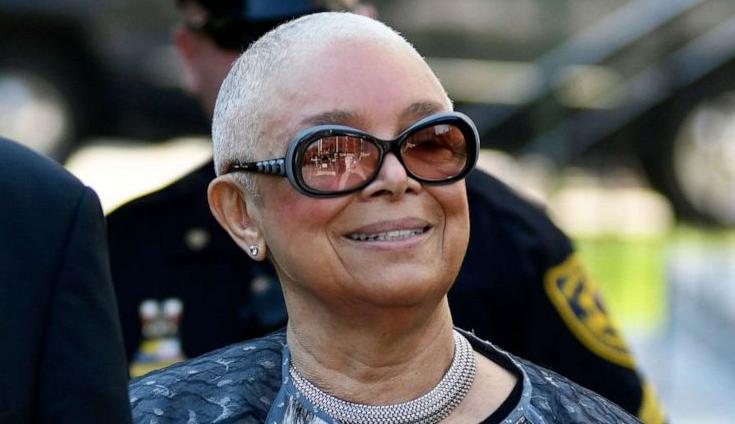*The Black Lives Matter movement is worthy of support and admirable in that it attempts to replicate the success of a 1960s era social movement. Unfortunately times have changed and such a movement does not address racism in the correct manner. Similarly black nationalism should not be seen as a panacea for contemporary racism. Dr. Umar Johnson has become somewhat popular among black people for espousing a separatist ideology. Unfortunately his solutions are not viable options in the 21st century.
At its core, the Black Lives Matter movement (BLM) is a statement affirming the humanity and equality (particularly within the United States) of African-Americans. And although BLM does not specifically name other groups it is implied that other people who do not belong to the white, heterosexual, male, Protestant norms that have been established in our country are also at risk for not being fully valued in American society. The statement that black lives matter is not an attempt to elevate the importance of black people higher than others. The statement does however, operate from the perspective that society’s view of black people needs to be elevated so that they can be viewed equally. This perspective causes resistance among people who do not believe they (individually) or society (as a whole) see black people as lesser. But recent events involving state agents (police officers) and their treatment of black suspected criminals have shown that the perspective of BLM is reasonable by illustrating the difference in how people of color are policed and apprehended.
In my opinion, the problem with BLM is that it is attempting to use a tactic that was conceived 50-60 years ago. By marching, holding rallies, and giving speeches BLM activists are bound to reach individuals – even those in decision making positions – who can reexamine themselves and their subordinates based on the question of whether or not they treat black people inferior. This is the implication in lots of the protests of BLM now. People will say “but I don’t treat black people any differently.” Whether those people are being truthful is not the point. The fact that they can convince themselves that the problem doesn’t exist is important though because denying the problem means dismissing the movement. BLM is a necessary initiative. But so long as it attempts to racist actions only (even though the title of the movement is a philosophical statement, in practice the movement is basically concerned with the actions of law enforcement officers), then it is limited in the positive change it can affect.
On the other hand I have recently been introduced to Dr. Umar Johnson and his lectures. While he correctly identifies several issues that face black people, his basic solution is separatism. Dr. Johnson is a proponent of black economic independence and black people creating Afrocentric educational curricula which are not negatives by themselves. But complete separation along racial lines exacerbates problems just as much as it alleviates them. Dr. Johnson and his supporters advocate self-sufficiency in the policing of black neighborhoods in response to police brutality. Presumably this would decrease police brutality among those African-American communities. But funding such a law enforcement group would probably strain a community’s resources.
Ideologically black nationalism should not be the main solution that black people pursue for two reasons. First, it deepens the divide between ethnic groups by prescribing racial segregation. That is, black nationalism allows for the reinforcement of differences when I would argue that those divisions should be minimized. Second, it does not address the universal problems within American society. For example a black police force for a black neighborhood could be an improvement for African-Americans but that sort of separatism would not solve the problem for Latinos, or Native Americans.
The ghost of the 1960s continues to haunt the United States today – in particular social movements of today. Contemporary activists grew up with stories of how change was affected by their parents, grandparents, aunts, and uncles. But if change occurred (and it did) then we shouldn’t expect problems to exist in the same form or that the same methods would retain their effectiveness.
Next week I will give my suggestion for a different solution to the issue of race relations.

Trevor Brookins is a free lance writer in Rockland County, New York. He is currently working on a book about American culture during the Cold War. His writing has appeared in The Journal News. You can reach him at [email protected] or follow him on Twitter @historictrev.
We Publish News 24/7. Don’t Miss A Story. Click HERE to SUBSCRIBE to Our Newsletter Now!






